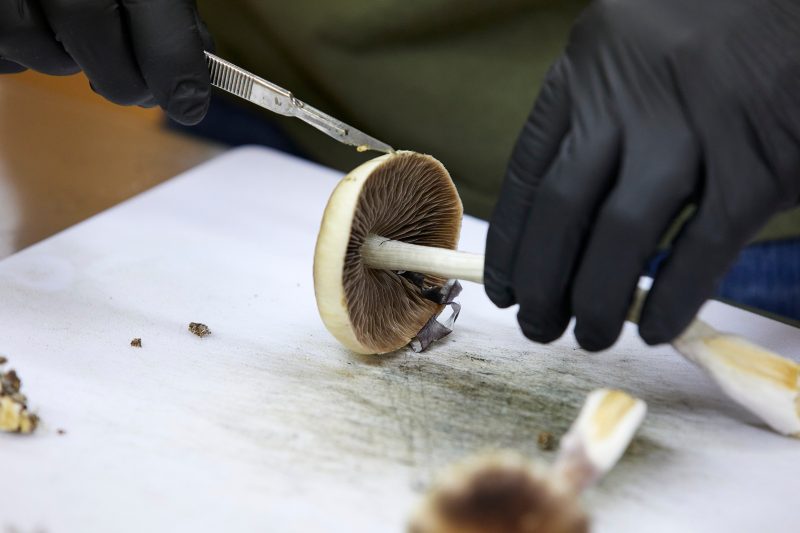Body:
Background:
Post-Traumatic Stress Disorder (PTSD) is a debilitating mental health condition that affects millions of people worldwide, including a significant number of veterans. While traditional treatments have proven effective for many, the Department of Veterans Affairs (VA) is now considering a groundbreaking approach to combatting PTSD. As reported by GodzillaNewz.com, the VA is exploring the use of psychedelic drugs as a potential treatment for veterans suffering from PTSD.
The Potential of Psychedelic Drugs:
Psychedelic drugs, such as MDMA (commonly known as ecstasy), psilocybin (found in magic mushrooms), and ketamine, have shown promise in recent studies for the treatment of mental health disorders. Researchers have found that in controlled settings, these substances can have profound effects on the brain, helping individuals confront and process deeply ingrained traumatic experiences.
MDMA, for example, has garnered attention for its ability to facilitate emotional breakthroughs and enhance empathy. Studies have found that when combined with therapy, MDMA-assisted psychotherapy can significantly alleviate PTSD symptoms. Similarly, psilocybin has shown potential in reducing symptoms of depression and anxiety, while ketamine has been utilized successfully in treating treatment-resistant depression.
Current VA Approaches and Limitations:
The VA currently provides a range of treatments for veterans suffering from PTSD, including therapy, medication, and other evidence-based interventions. While these treatments have proven effective for many, a significant number of veterans do not respond adequately or struggle with severe cases of PTSD.
Additionally, the traditional treatment approach may require months or even years of therapy to achieve meaningful results. This extended duration can further limit the access and effectiveness of treatment for veterans who need immediate relief from their symptoms.
Psychedelic-Assisted Therapy as an Alternative:
The potential use of psychedelic drugs in treating PTSD represents a paradigm shift in the therapeutic landscape. By combining these substances with therapy, the VA could potentially offer a more efficient and impactful treatment option for veterans suffering from PTSD.
Unlike traditional therapies, psychedelic-assisted therapy typically involves only a few sessions and has been shown to produce lasting effects. It allows individuals to access suppressed or deeply buried memories and emotions, providing a unique opportunity for healing and growth. By facilitating a deep introspective exploration of one’s traumatic experiences, these substances can help individuals reframe their trauma in a more manageable and less overwhelming way.
Safety and Regulation:
While the potential benefits of psychedelic-assisted therapy seem promising, safety and regulation remain important considerations. The controlled and supervised use of these substances, alongside therapy, is crucial to ensure proper mental health support and minimize potential risks and side effects.
By conducting thorough research and establishing rigorous protocols, the VA would be better prepared to administer this alternative treatment approach safely. Maintaining a collaborative effort between researchers, therapists, and veterans would also be paramount in cultivating a comprehensive understanding of the benefits, risks, and long-term effects of psychedelic-assisted therapy.
Conclusion:
The VA’s exploration of psychedelic drugs as a potential treatment for PTSD among veterans is an intriguing development that holds promise for improving the lives of those who have sacrificed so much for their country. By further researching, regulating, and implementing psychedelic-assisted therapy in conjunction with established treatment methods, the VA has the opportunity to revolutionize PTSD treatment and offer a new path to recovery for veterans.
